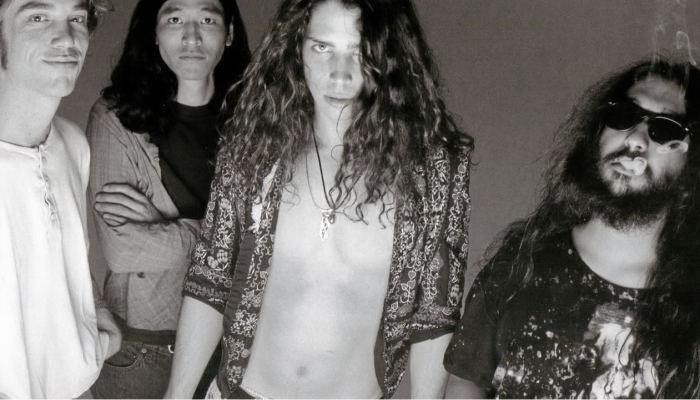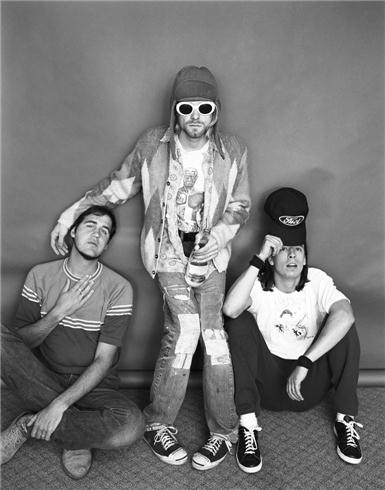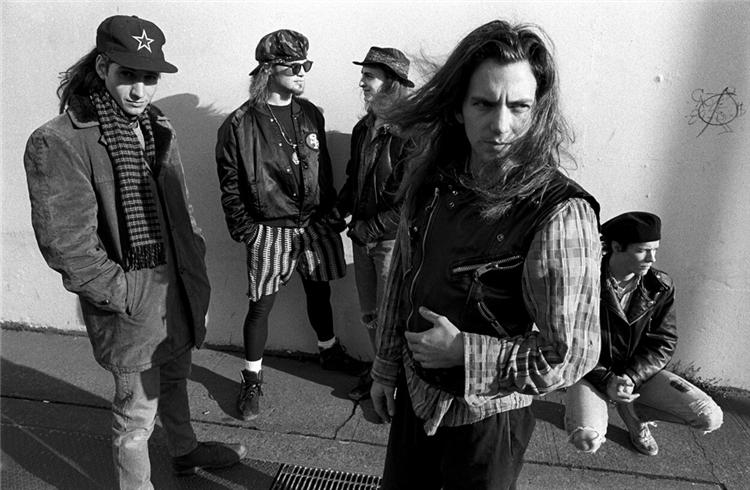How does your music make money in the modern world? While record sales are becoming less and less relevant, revenue streams generated from the Songwriting Copyright have greatly increased. This is because music is being used more now than ever before. This use generates money for the writers of the music.
The revenue streams flowing from the Songwriting Copyright include:
Public Performance Royalties
The owner of the songwriting copyright owns the exclusive right to perform or authorize others to perform the music publicly. These public performance royalties are collected and administered by a collection agency such as ASCAP or BMI in the USA, and SOCAN in Canada. “Performance” in the music industry can include any of the following:
- A performance of a song or composition – live, recorded or broadcast. For example, when a song is played during the broadcast of an NHL game. The broadcaster pays a fee to SOCAN, and that money flows to the writers of that song.
- A live performance by any musician. When your songs are played live at a venue by you or by someone else (as a cover), you get paid. Venue owners pay SOCAN specified fees, and those fees are distributed to SOCAN members based on set lists that the performing artists submit to SOCAN. So when OBS covers “Psycho Killer” during a live show, the writers of the song (Talking Heads) get paid. The same would happen if a band covered OBS.
- Performance through the playing of recorded music. This includes radio airplay and other similar performances. Radio stations pay significant fees to SOCAN every year for the right to perform recorded music on air, and these monies are paid out to songwriters based on the submitted playlists. So when my band’s recording of “Psycho Killer” gets played on radio, Talking Heads get paid.
- Music performed through the Internet. Similar to C, but for Internet broadcasts.
Mechanical Royalties
The author of a song has the right to be paid every time a copy of that song is made (or “mechanically reproduced”). So the record label or individual reproducing the song must pay the writer a fee per song, per copy manufactured. In Canada that fee is 8.3 cents and determined by an agreement between the recording and publishing industries, and the in US it is 9.1 cents and determined by legislation. Another real world example: when my band’s recording of “Psycho Killer” is sold on iTunes for 99 cents, 8.3 cents go to Talking Heads. If you are signed to a label, they should be paying you mechanicals for songs you write. If you are unsigned, contact CMRRA in Canada and the Harry Fox Agency in the USA for more info.
Synchronization Licensing Fees
Similar to a Master Use License, but for the writer and owner of the Songwriting Copyright. The synchronized song also generates performance income every time the television show, commercial, or film containing the composition is performed. In other words, the “backend” revenue from performance royalties can often far outweigh the “up front” sync fee, if the television show or film is played thousands of time around the world. A good example is the Cheers theme song “Where Everybody Knows Your Name”, which was written by struggling songwriter Gary Portnoy. The up front synch fee paid to use the composition in Cheers was quite modest, but the “backend” performance royalties as a result of Cheers airing so many times in so many countries has made Mr. Portnoy a millionaire several times over.
Private Copying Levy
Similar to the Blank Tape Levy discussed last issue. Money from the sale of blank CDs goes to songwriters across the country. If you are a songwriter, you are entitled to receive payments from this levy. Contact the Canadian Private Copying Collective to sign up.
Print Royalties
Print income is derived from printed copies of a song, from the sheet music. Sheet music consists usually of the melody notes and the lyrics which may accompany those notes. The copyright owner or administrator can license the right to print such sheet music to print publishers, in exchange for royalties. For most musicians, print income represents a small percentage of their total income from songwriting.
Lyric Display
Revenue generated by the display of your lyrics on a website. Paid to songwriter/composer by your publisher. While the right for composers to earn money based on the display of their lyrics is not new, the number of opportunities has exploded thanks to the Internet and the growth of licensed lyric aggregation sites like LyricFind.
There are many other miscellaneous revenue streams to consider in order to make the most of your career in music. YouTube revenue-sharing, ad revenue from Google Adsense, issuing samples of your music to third parties, creative fan funding campaigns, etc.
The music industry – and the way in which you can earn a living in it – will continue to evolve. As the saying goes, the only constant is change, particularly in the music business. The Songwriting Copyright will continue to be a major source of revenue for songwriters. As always, email me with any questions or comments.





One Response
My name is Vivek Munda,I am a lyrics writer,I have a song copy with lyrics and music,please help me what to do next or how to earn royalties with my song copy or what to do next.I shall be ever thankful to you for this kindnees.
yours faithfully,
Vivek